
Center for Publics, Platforms, & Personalization
This group brings together scholars from the humanities, social sciences, and computational sciences to explore the political, social, and cultural implications of algorithms used by social media platforms. The goal is for humanists and social scientists to get a better idea of how social media algorithms function, while introducing computational scientists to some of the emerging critiques of big data and algorithmic culture in the humanities and social sciences.
To learn more about this group, please contact its co-directors, Brian Ekdale (brian-ekdale@uiowa.edu) and Rishab Nithyanand (rishab-nithyanand@uiowa.edu).
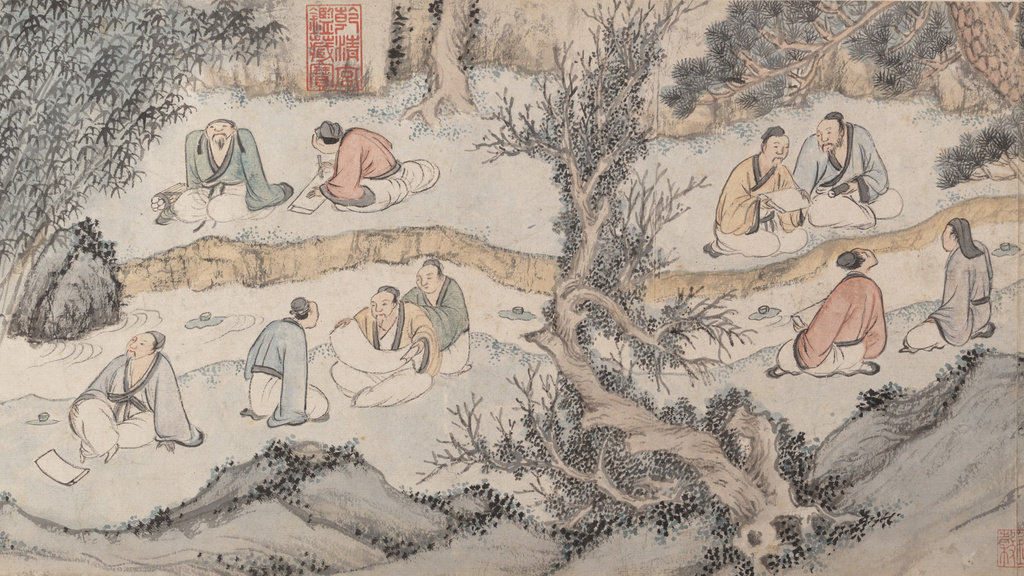
Chinese Humanities & Arts Workshop
This working group brings together scholars from a variety of disciplines, including history, art history, literature, religious studies, and translation. We envision our group as a sort of arts and humanities lab with a focus on premodern China, covering nearly three thousand years (from 10th c. BCE through 19th c. BCE). Members will share in-progress research with each other, provide critical feedback, and read related scholarship together, hoping to learn what intersections and synergies exist across their research interests and projects. The group aims to serve as a regional hub for premodern Chinese studies.
To learn more about this group, please contact its co-directors, Newell Ann Van Auken (newellann-vanauken@uiowa.edu) and Amy Huang (amy-huang-2@uiowa.edu).
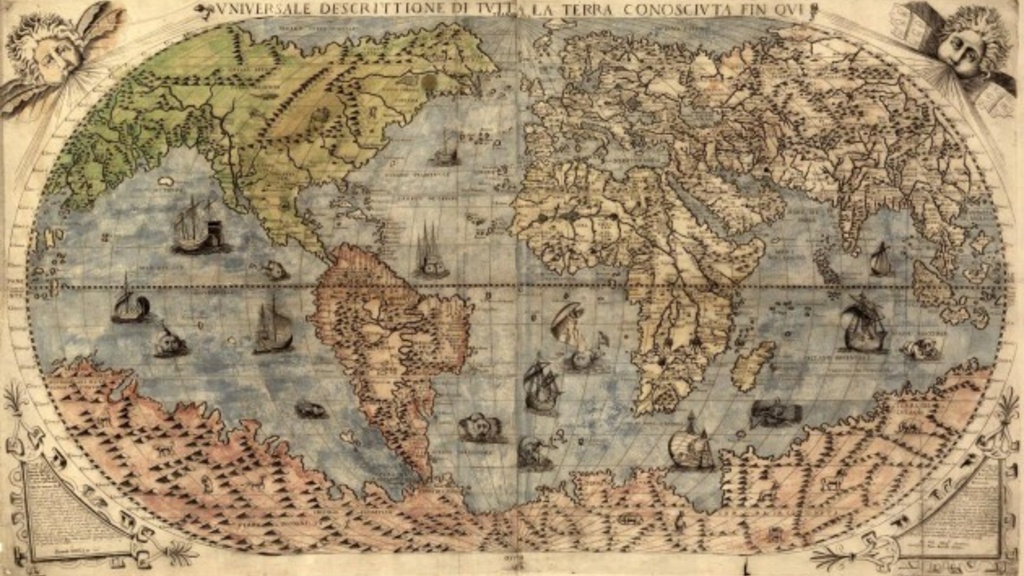
Circulating Cultures
The Circulating Cultures Working Group, now in its ninth year, brings together faculty from a range of disciplines: Anthropology, Arabic, Art & Art History, English, Film Studies, French & Francophone Studies, German, History, Spanish and Portuguese, and Swahili. Group members share a common interest in the circulation of cultures in print, digital, oral, and audiovisual forms, especially as print crosses borders to create transnational disruptions and connections. Topics for individual projects along with collective readings have included the circulation of architectural forms, photography, and film; theories of material culture, literature and deep time, Creolization and hybridity, capitalism and modernity; and responses to environmental crises.
To learn more about this group, please contact its director, Elke Heckner (elke-heckner@uiowa.edu).

Contemporary Literary & Film Theory
This group explores the ways in which debates in contemporary literary theory and film theory do and do not overlap. While the disciplines of literary studies and film studies have developed in parallel since the 1970s, the theoretical debates in each discipline have a more varied trajectory. For example, the disciplines have considered the relation between print and audiovisual culture and processes globalization from quite different perspectives, even though the concept of transnationalism has been a key term in both disciplines for at least decade. Likewise, both disciplines have reevaluated the relation between ethics, politics, and the arts, but have come to different conclusions regarding central aspects of the relation. Finally, matters of digital or new media have prompted both disciplines to reconsider previous theoretical work on narrative and discourse.
To learn more about this group, please contact its director, Kathleen Newman (kathleen-newman@uiowa.edu).
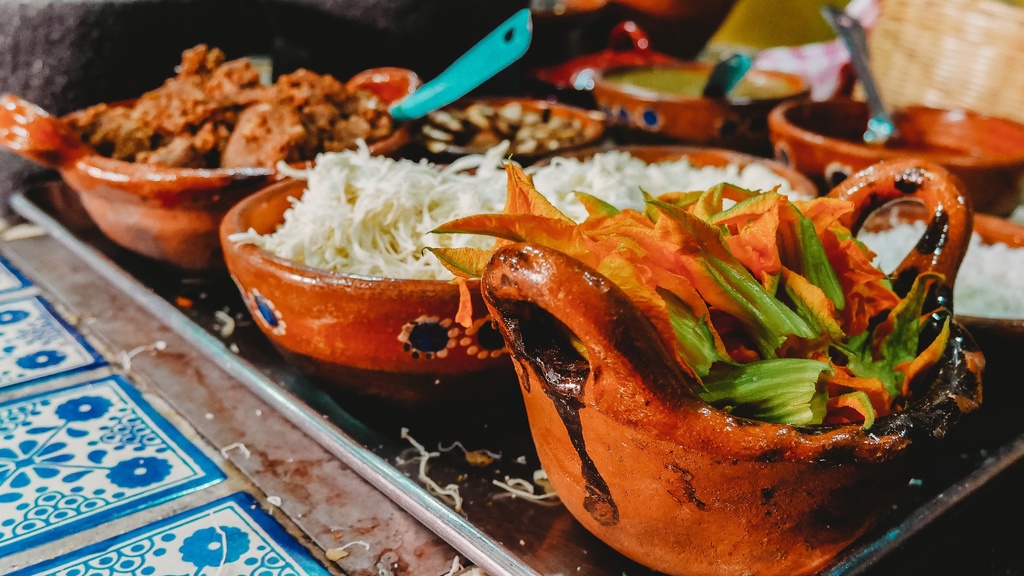
Food Studies
This working group takes a multi- and interdisciplinary approach to expand engagement with Food Studies at the University of Iowa. Given the importance of agriculture to the state’s economy and culture, food systems and sustainability are an important part of the group's conversations. Likewise, many of its members are interested in the role of foodways in culture—for example, as related to identity, globalization, or cultural diffusion/interaction. Importantly, members do not see these as separate fields of inquiry or as distinct from food as a pedagogical tool. Instead, they view food as an ideal lens through which to study the interstices between disciplines and approaches.
To learn more about this group, please contact its co-directors, Ari Ariel (ari-ariel@uiowa.edu) and Viridiana Hernández Fernández (viridiana-hernandez@uiowa.edu).

Living Labs
The Living Labs Working Group seeks to both coordinate the existing, and identify new, living laboratories on the University of Iowa campus. Our Working Group will survey key campus stakeholders to collect essential data that will build partnerships that explore novel research opportunities with the goal of utilizing living labs as an incubator for community engagement, environmental awareness, and curricular learning.
To learn more about this group, please contact its co-directors, Shannon Roesler (shannon-roesler@uiowa.edu) and Blake Rupe (blake-rupe@uiowa.edu).
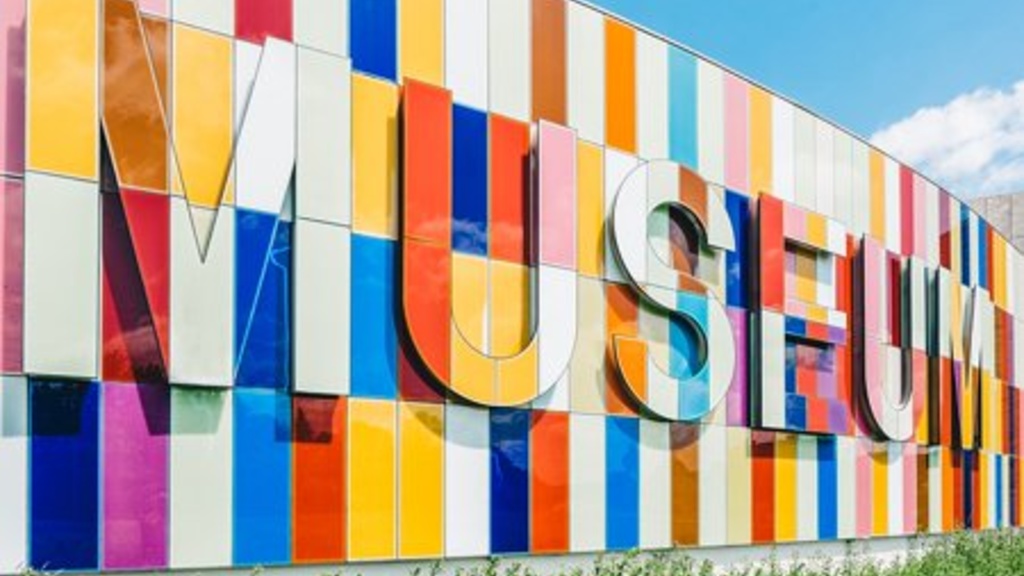
Museum Futures
This group aims to take up conversations about museums’ colonialist origins and legacies, the exhibition and/or repatriation of objects taken from colonized people, and museums’ and communities’ efforts to increase public access to and engagement with collections. The larger aim of the working group is to garner interest in examining the ways museums have functioned in the past and to examine the ways they are and will continue to transform. The group will explore historical topics as well as those germane to current museum practice through shared readings, vibrant conversation, and presentations of works in progress.
To learn more about this group, please contact its director, Anny Curtius (anny-curtius@uiowa.edu).
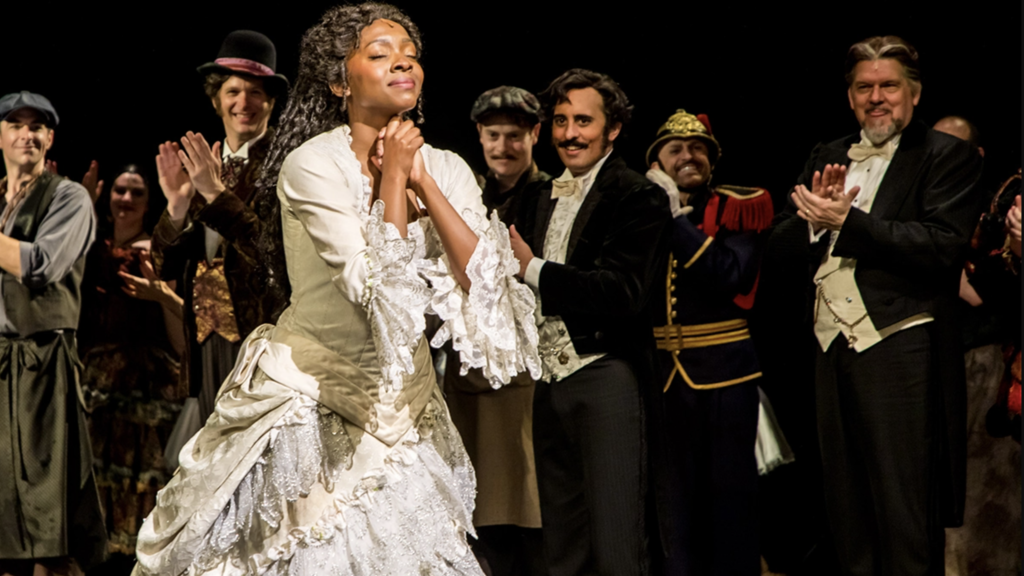
Opera Studies
This group offers a variety of lectures and activities that are free and open to all members of the University and beyond.
To learn more about this group, please contact its director, Waltraud Maierhofer (waltraud-maierhofer@uiowa.edu).
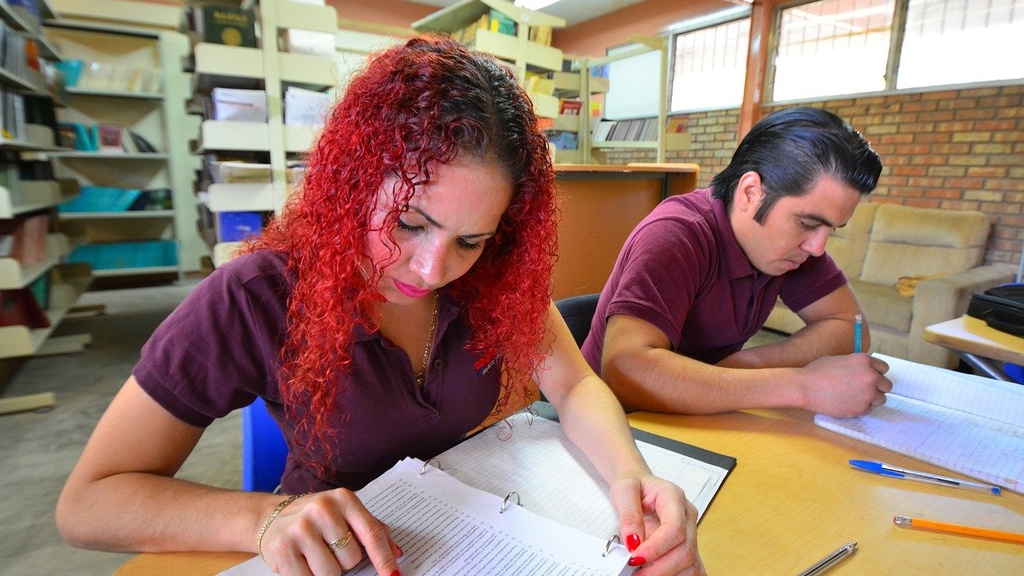
Paving Collaboration between Schools & University for Empowering Multilingual Students' Learning & Identity
Members of this group aim to support local English Language Learners (ELLs) academic success and empower their transnational identities of homeland and new residents of the USA. Through the working group, teachers, doctoral students, and faculty will develop transformative perspectives and practices to shift the cultural norms and expectations regarding multilingual students/multilingual learners (MLs). The group will learn research-based theories and practices regarding ML’s transnational identities, the uniqueness of MLs’ learning, and development for pedagogical support across disciplines. The group will connect to the Iowa City Community School District’s MLs and their teachers to build a cohort of educators dedicated to learning about and advocating for MLs’ communities through multiple practices.
To learn more about this group, please contact its director, EunJung Kim (eunjung-kim@uiowa.edu).

Performance Studies
This group brings together scholars and artists working in, around, and between all of the fields with which performance studies engages. The group's objective is to provide a monthly forum in which members present, read, watch, listen to, and discuss new scholarly, creative, and cultural work that not only encompasses the entire expanse of performance studies, but also pushes beyond the field’s current frontiers. This group is particularly interested in thinking through the ways in which disciplinary differences manifest in performance studies work.
To learn more about this group, please contact its co-directors, Elizabeth Rodriguez Fielder (elizabeth-rodriguez-fielder@uiowa.edu) and Jen Buckley (jennifer-buckley@uiowa.edu).

Podcasting across the University
This working group will discuss various aspects of starting and producing podcasts. Discussion topics will include writing, performance, technical skills, curriculum, marketing, and fundraising.
To learn more about this group, please contact its director, Steve Cummings (stephen-cummings@uiowa.edu).
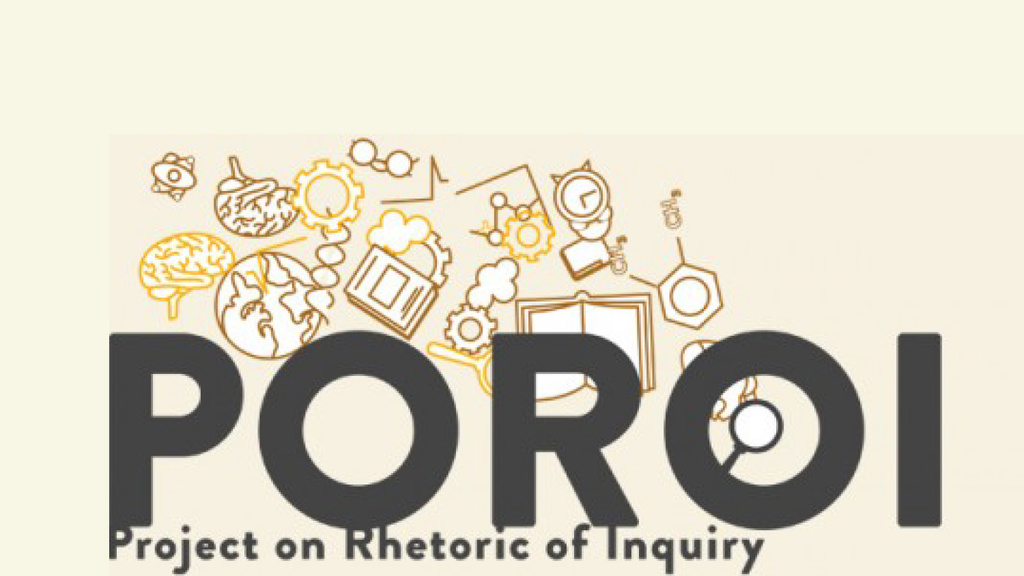
The Project on Rhetoric of Inquiry (POROI)
The Project on Rhetoric of Inquiry (POROI) is an interdisciplinary institute for research and public engagement housed at the Obermann Center. Its mission is to explore how scholarship and professional discourses are conducted through argument, how paradigms of knowledge are sensitive to social-political contexts, and how the presentation of scholarly and professional findings involves the recognition and negotiation of audiences.
Since its founding in 1980, POROI has provided resources for strengthening academic inquiry, creativity, and communication in the arts, humanities, sciences, and professions. It is especially interested in communicative opportunities and problems that arise at the intersections between disciplines as well as between academia and diverse publics. In these respects, POROI applies the art of rhetoric to the conduct of inquiry. Its concerns range from the invention and construction of arguments to a marked interest in how discourse is interpreted, received, and disseminated in both technical and public spheres of argumentation.
To learn more about this group, please contact its director, Naomi Greyser (naomi-greyser@uiowa.edu).
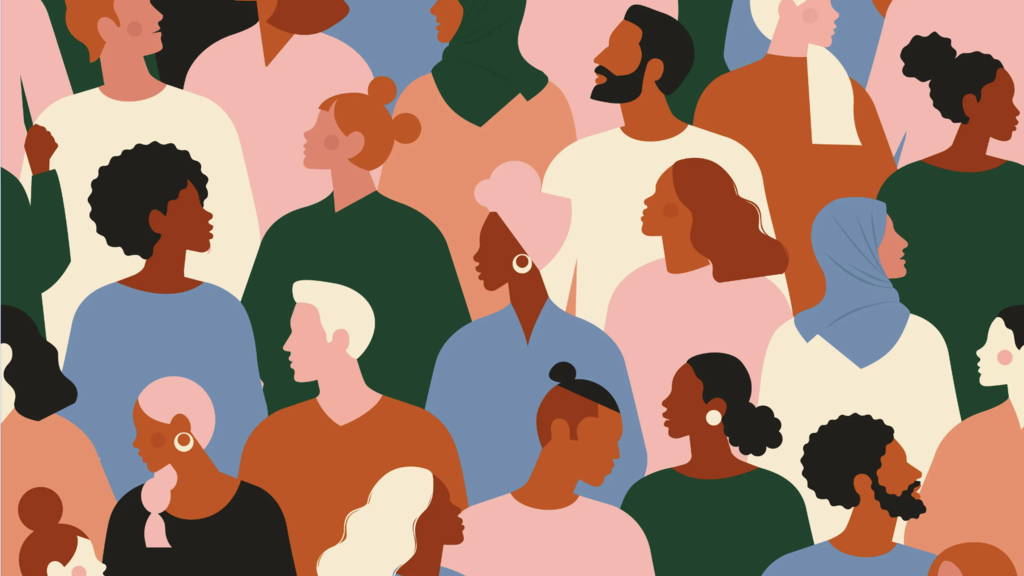
Race Workshop
This group aims to create a university-wide intellectual community for faculty, graduate students, and research staff who are interested in scholarship that centers race and ethnicity. The group hopes to support scholars across the university by creating a place for collaboration, networking, and critical engagement with new and relevant race scholarship. To this end, it will host speaking events that showcase race scholarship by researchers within and outside of the university. These events will highlight scholarship that centers Black, Indigenous, and other people of color. The group will also host professional and research development workshops for members.
To learn more about this group, please contact its co-directors Louise Seamster (louise-seamster@uiowa.edu) and Amber Joy Powell (amber-powell@uiowa.edu).

Reconceptualizing the Mental Health Crisis in Higher Education: A Mindful Journey
This group engages participants, across the campus and beyond, to explore trauma-informed pedagogy, positive psychology, and the philosophy of the health promoting university (via the Okanagan Charter). These lenses are used to analyze the complex issues connected to well-being and mental health in higher education. The group aims to provide a cross-disciplinary space for faculty, graduate students, staff, and community members to explore culturally informed strategies and resources. These will be used to cultivate a culture of care, critical empathy, gratitude, and metacognitive awareness with the intent of addressing experiences such as impostor phenomenon, burnout, compassion fatigue, discrimination, grief and loss, and languishing.
All expertises and experiences are needed and valued. Participants do not have to be mental health experts.
The group's goals are to discuss how to embed mental health and wellbeing awareness in various aspects of higher education, examine cohesive frameworks of holistic well-being that support structural changes in academic culture, and reconceptualize the mental health crisis toward a positive psychology paradigm,
To learn more about this group, please contact its co-directors, Barry Schreier (barry-schreier@uiowa.edu) and Dusty Persinger (dusty-persinger@uiowa.edu).
Reproductive Justice
This group brings together faculty, graduate students, and community activists with diverse interdisciplinary backgrounds to explore urgent matters that center on motherhood and the struggle for reproductive justice. Drawing on anthropology, history, sociology, communication, and critical cultural studies, our goal is to craft a rigorous space of inquiry that can begin to untangle the stakes and challenges (perhaps even potential paths forward) for a complex set of issues that bears meaningfully and immediately on the lives of women and girls in particular and increasingly in the lives of trans and gender non-conforming people. Shared readings will inform an ongoing and nuanced conversation about reproductive politics in local, regional, national, and transnational contexts. Topics include racism and reproductive injustice, teen motherhood and stigma, public policy and legislative initiatives, histories/meanings of motherhood, movements for reproductive health, queer family formation, and how these intersect with immigration, environmental devastation, the rise of white nationalism and white supremacy, and the carceral state.
To learn more about this group, please contact its co-directors, Natalie Fixmer-Oraiz (natalie-fixmer-oraiz@uiowa.edu) and Lina-Maria Murillo (lina-murillo@uiowa.edu).
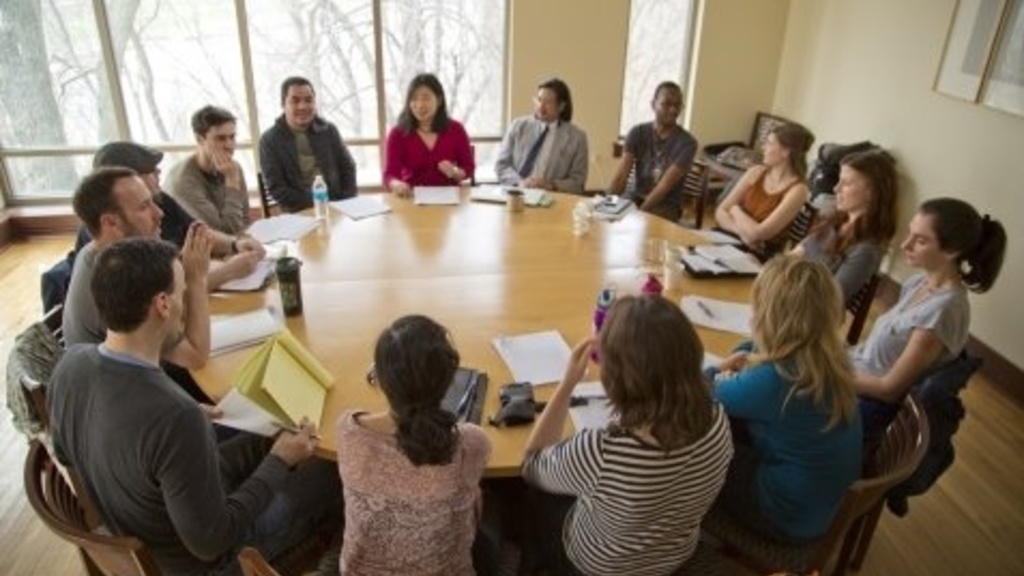
Teaching with Writing
Formerly the Writing University Working Group, this group provides a space for faculty and staff to come together to talk and learn about teaching with writing in the disciplines through reading and research and by consulting with Writing across the Curriculum (WAC) experts from other universities. As an “action research” group, we also plan and implement programming: formal and informal talks with instructors in different Iowa departments; Institutes for Teaching with Writing; and a possible intensive Teaching with Writing pilot in selected CLAS departments. Because our goals are now closely focused on academic-writing infusion in different disciplines, the group is now composed of a diverse range of instructors and staff from departments and colleges across the UI campus.
To learn more about this group, please contact its co-directors, Carol Severino (carol-severino@uiowa.edu) and Deirdre Egan (deirdre-egan@uiowa.edu).

Technological Innovations in STEM K–16 Classrooms: A Comprehensive Systematic Review
This group will comprehensively explore and evaluate the diverse array of technological innovations implemented in K–16 STEM classrooms. By scrutinizing a wide range of studies and projects, this review seeks to provide a nuanced understanding of the impact, challenges, and opportunities associated with the adoption of technology in educational settings. The group will explore various aspects of technology use in STEM K-16 classrooms, considering different levels of education and potential implications for teaching and learning. Based on the results from the systematic review, group members will conduct a meta-analysis to assess the impact of technology integration in K-16 STEM education. Their aim is to provide insights that inform future developments and strategies for effectively integrating technology across the entire spectrum of STEM education, from early childhood to higher learning institutions.
To learn more about this group, please contact its director, Hyesun You (hyesun-you@uiowa.edu).

Translation in the Humanities
Across the humanities, translation has always been either an object or a mode of inquiry. Many U.S. scholars who work with non-English sources often incorporate passages they translate into their published work, and of course continuously do their own translations for their research and teaching. Scholars who do translation come from a wide range of disciplines, such as Classics, Philosophy, Religious Studies, History, English, Art History, various area studies, and of course, Literary Translation. However, most such scholars have little or no training in translation studies and often do their translations in a somewhat unreflective way. The purpose of this working group is to cultivate a learned and thoughtful community of scholars who do translation at the University of Iowa and that supports both the professional development of each faculty member as well as translation as an interdisciplinary field of practice and study.
To learn more about this group, please contact its director, Jan Steyn (jan-steyn@uiowa.edu).

UI Evolution of Cognition
This group is organized to promote interdisciplinary interest and research into the phylogeny of cognition. It includes people, academic units, and research areas from across the university. The phylogeny of cognition is about the evolutionary origins, radiation, and differentiation of cognitive abilities throughout phylogeny, from the earliest forms of learning, memory, and communication to present-day abilities in numerous species (including humans). Burgeoning comparative cognition research in recent decades has revealed cognitive abilities in species throughout the tree of life. While this research is still in its relative infancy, the data that has been generated so far calls for rethinking our approach to cognition from a phylogenetic, rather than anthropocentric, perspective. This is a matter of theoretical development as well as empirical investigation. Those who have direct or indirect interests in this area include philosophers, biologists, anthropologists, and psychologists, and within these disciplines neuroscientists, evolutionary biologists, behavioral and comparative psychologists, and philosophers of science.
To learn more about this group, please contact its director, Carrie Figdor (carrie-figdor@uiowa.edu).
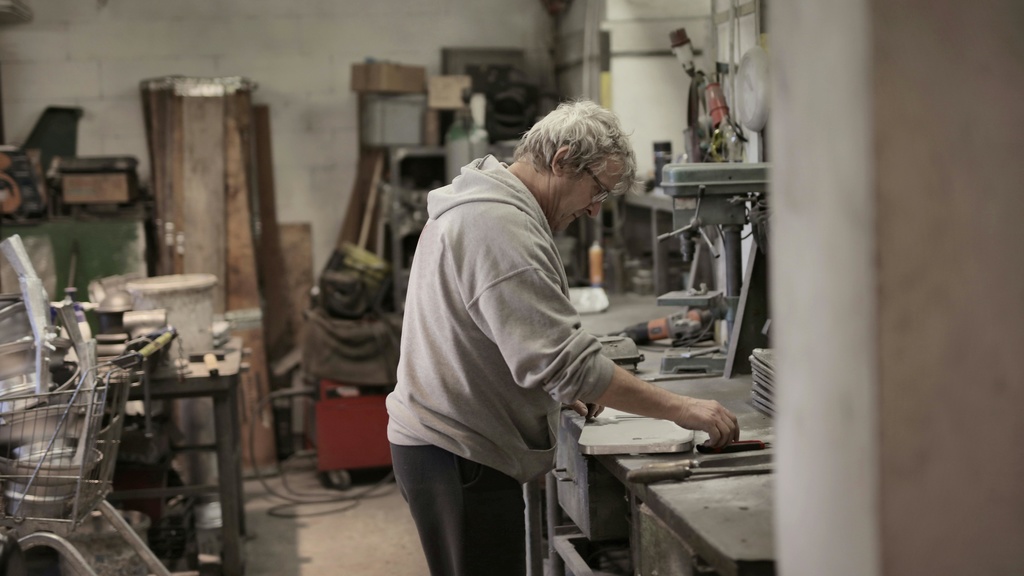
Unbound: Learning without Limits
This group is designed to support faculty, staff, students, and other interested individuals in investigating how learning, instruction, and learner and educator support is facilitated in informal learning environments such as maker spaces, wilderness areas, museums, libraries, community centers, and out-of-school-time youth clubs and organizations. The group is a reading and discussion group whose efforts will focus on better understanding and applying research on learning in informal environments to members' own individual work.
To learn more about this group, please contact its co-directors, Kathy Schuh (kathy-schuh@uiowa.edu) and Kay Ramey (kay-ramey@uiowa.edu).

Water, Society, & Global Change
Water is at the center of many of the most pressing 21st century sustainability challenges. How do we ensure safe and accessible water for all? How do we mitigate and adapt to changes in the frequency and severity of droughts and floods in a changing climate? This working group brings together scholars from multiple disciplines—including from the humanities, social sciences, and natural and physical sciences—to discuss challenges in the face of water scarcity/abundance, and societal responses to water stress in the past, present, and future.
To learn more about this group, please contact its co-directors, Elise Pizzi (elise-pizzi@uiowa.edu) and Matt Dannenberg (matthew-dannenberg@uiowa.edu).